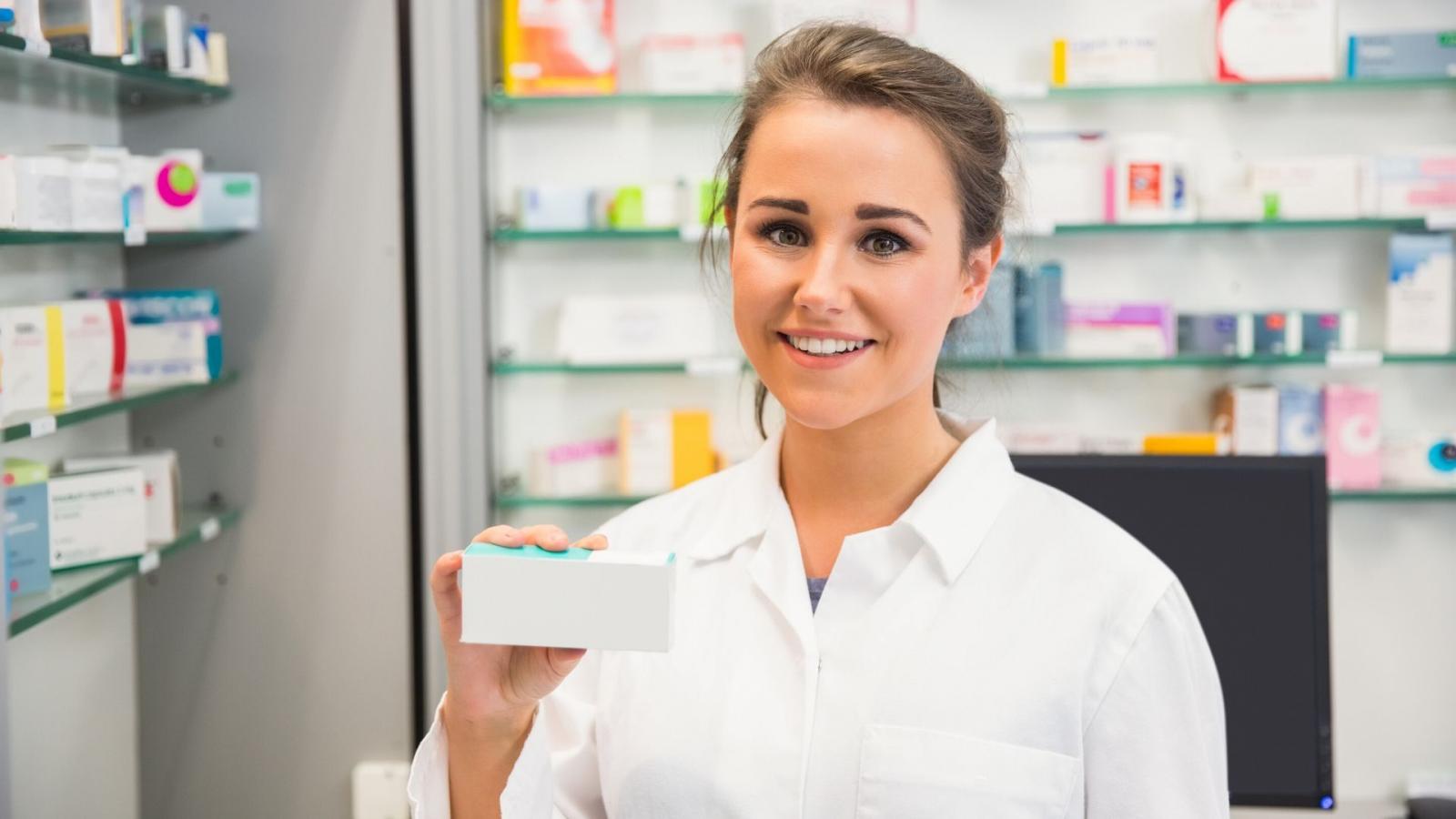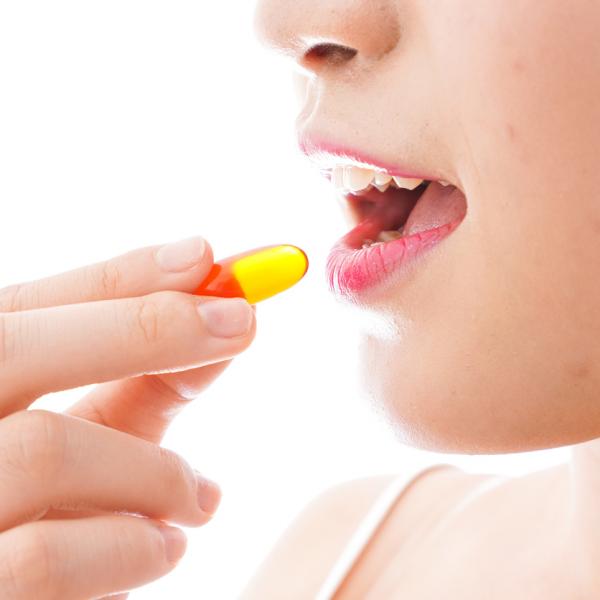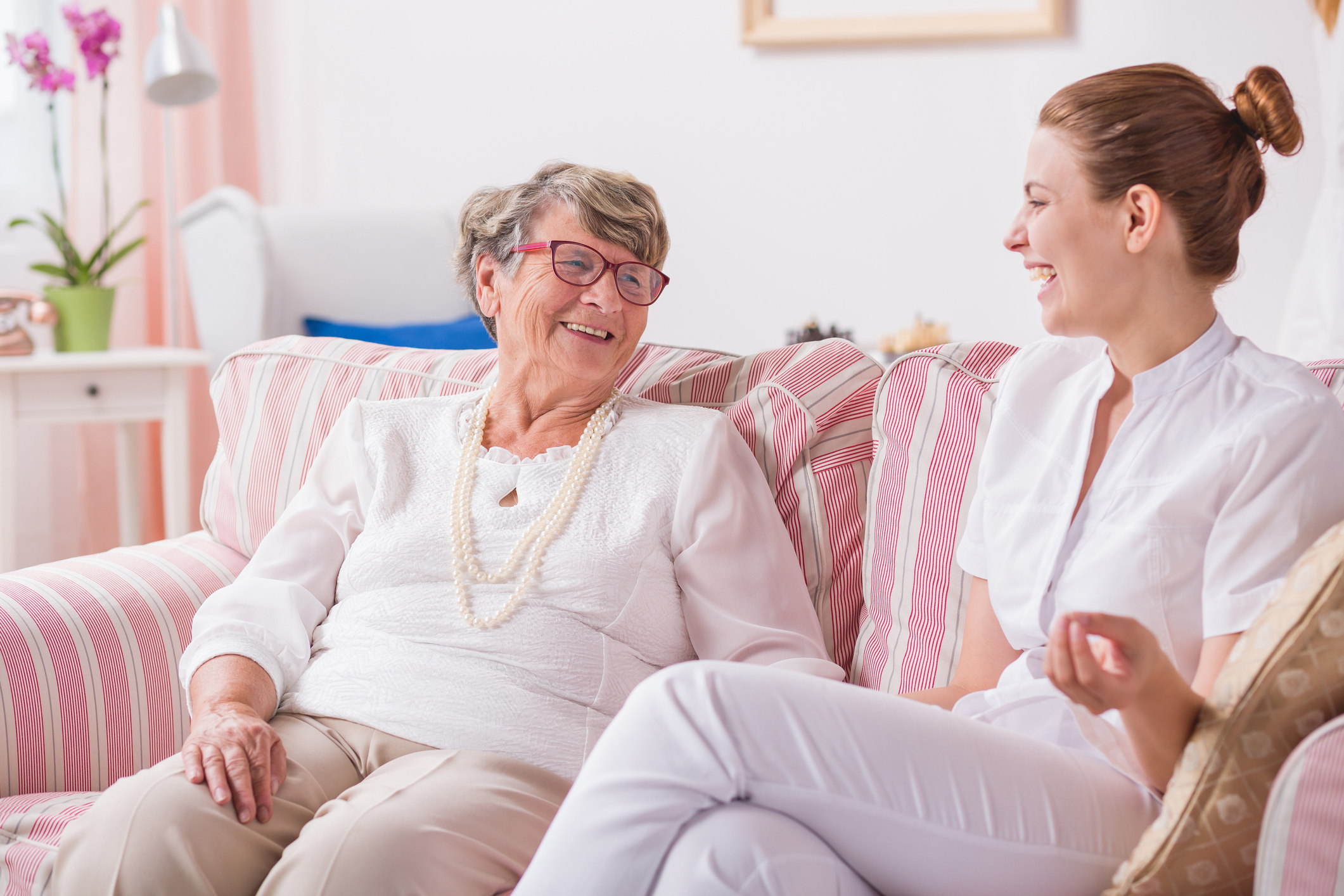Hormone therapy for breast cancer

Hormone therapy (anti-oestrogen drugs)
Some cancers have extra receptors on their cells’ surface that are influenced by the female hormone oestrogen. This is called oestrogen-receptor-positive cancer. The oestrogen helps the cancer cells to grow faster. Hormone therapy works by blocking the effects of oestrogen on the breast cancer cells.
Oestrogen-receptor-positive cancers are common:
- Just over half of those who get breast cancer before the menopause have oestrogen-receptor-positive cancer.
- About 3 in 4 of those who get breast cancer after the menopause have oestrogen-receptor-positive cancer.
A small number of breast cancers are sensitive to the hormone progesterone only. In this case, your doctor will talk to you about the possible benefits and risks of hormone treatment.
What's the difference between hormone therapy and hormone replacement therapy (HRT)?
Athough the names are similar, hormone therapy for breast cancer and HRT are very different.
- Hormone therapy is also called 'anti-hormone therapy' because it works 'against' hormones. Hormone therapy drugs reduce oestrogen levels or block oestrogen from helping cancer cells to grow.
- HRT increases oestrogen levels in your body when levels are low because of the menopause.
If hormones help your cancer to grow, you will probably be advised not to take HRT. Ask your consultant about this.
When will I have hormone therapy?
You might have hormone therapy:
Before surgery to try to make the tumour smaller and easier to remove.
After breast surgery to help prevent cancer spreading or coming back.
As your main treatment, where surgery is not possible.
How do hormone therapy (anti-oestrogen) drugs work?
Different drugs work in different ways.
By blocking hormone receptors on the cancer cells
This means oestrogen cannot attach to the cells. An example of a hormone therapy drug that works in this way is tamoxifen.
By stopping your ovaries from making oestrogen
These types of drugs are called luteinising hormone-releasing hormone (LHRH) analogues. They change the levels of hormones that control how your ovaries work. An example is goserelin (Zoladex).
By blocking the production of oestrogen
Drugs called aromatase inhibitors stop the enzyme aromatase from changing the hormone androgen into oestrogen. These drugs are for after the menopause - when the ovaries no longer produce oestrogen. Examples of aromatase inhibitors include anastrozole, letrozole and exemestane.

How is hormone therapy given?
Hormone therapy is often given as tablets or as an injection under your skin or into your muscle. It depends on the type of drug.
Other ways to reduce oestrogen levels in your body
- Chemotherapy. Chemotherapy may stop your ovaries from working normally. This can also reduce oestrogen levels. The effect on your ovaries may be reversible, depending on your age.
- Surgery. This is where your ovaries - the main source of oestrogen for before the menopause - are removed. Small amounts of oestrogen will still be produced by other cells in the body.
Side-effects of hormone therapy
Hormone therapy may cause short- or long-term side-effects:
Menopausal symptoms after hormone therapy
Hormone therapy can put you into an early or temporary menopause or cause menopausal-like symptoms, like hot flushes. A menopause caused by breast cancer treatment can be quite sudden.
Read more about managing menopausal symptoms.
Bone loss
Oestrogen helps to keep your bones strong and healthy. If you are taking anti-oestrogen drugs, your doctor will monitor your bone health during your treatment with DEXA scans. You can also help to look after your bones by eating the right foods and taking some exercise to help strengthen your bones. Read more about bone health and get advice on how to look after your bones.
Blood clotting
Some treatments slightly increase the risk of blood clotting. Tell your doctor if you have any pain, swelling, or tenderness in your legs or arms.
Thickened womb
Some drugs can cause the lining of your womb (uterus) to become thickened or put you at small risk of developing cancer of the womb. Tell your doctor if you have any vaginal bleeding between periods or after sex while you are having treatment.
Bone and joint pain
Some drugs may cause pains and aches in your muscles or bone joints.
Fertility side-effects
If you have drug treatment to switch off oestrogen production you won’t be able to get pregnant while you are being treated and for a time afterwards. Once therapy is stopped, the ovaries should start working again within 5 to 6 months for most people.
If you have surgery to remove your ovaries, you will not be able to have children afterwards. Read more about fertility.
Pregnancy and hormone therapy
Hormone therapy drugs can affect a developing baby, so it’s important to avoid pregnancy during and for a time after treatment. Ask your doctor about this.
Coping with hormone therapy side-effects
Coping with a diagnosis of breast cancer is never easy, and the added stress of an early menopause brought on by treatment can make this particularly difficult.
You may find that going through the menopause prematurely can create feelings of loss, and you may even feel isolated from women your own age.
Some women may find it difficult to come to terms with the fact that they will not be able to start a family or have more children. Whatever your feelings, remember that you do not have to cope on your own. Your cancer specialist and breast care nurse are there to provide information and support to you and your family.
You might find it easier to share your feelings with someone who has had a similar experience to you.
Our Survivor Support programme can put you in touch with a trained volunteer who has been through a breast cancer diagnosis. Our trained volunteers are available to provide emotional and practical support to anyone going through or finished with their treatment.
Is hormone therapy suitable for me?
If your breast cancer is not sensitive to hormones, hormone therapy will not be of benefit.
To see if you will benefit from hormone therapy, a tissue sample of your cancer cells will be tested for hormone receptors.
For more information
Phone
1800 200 700





